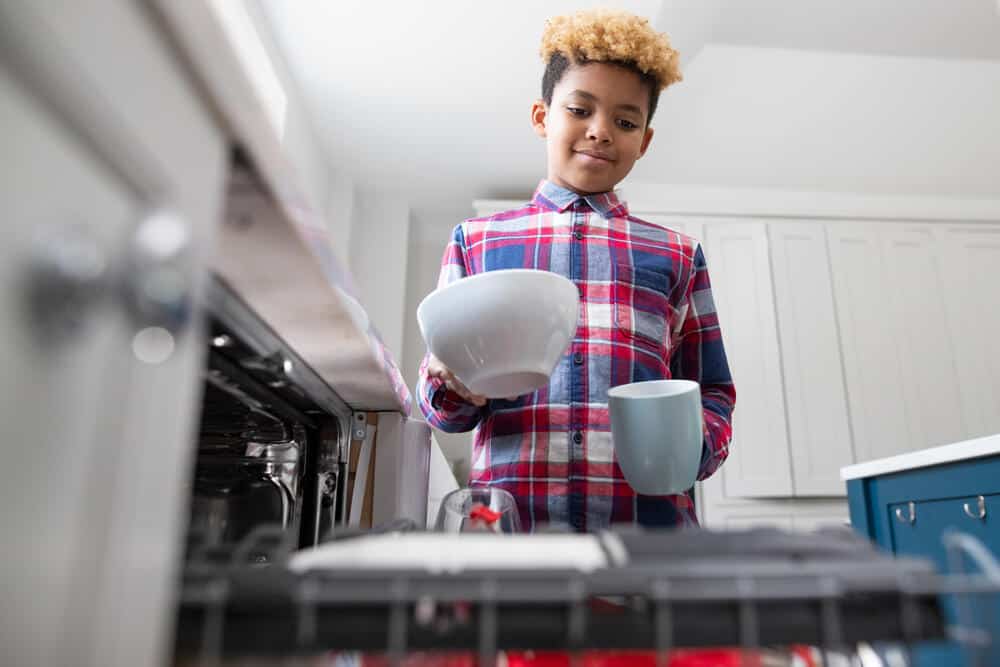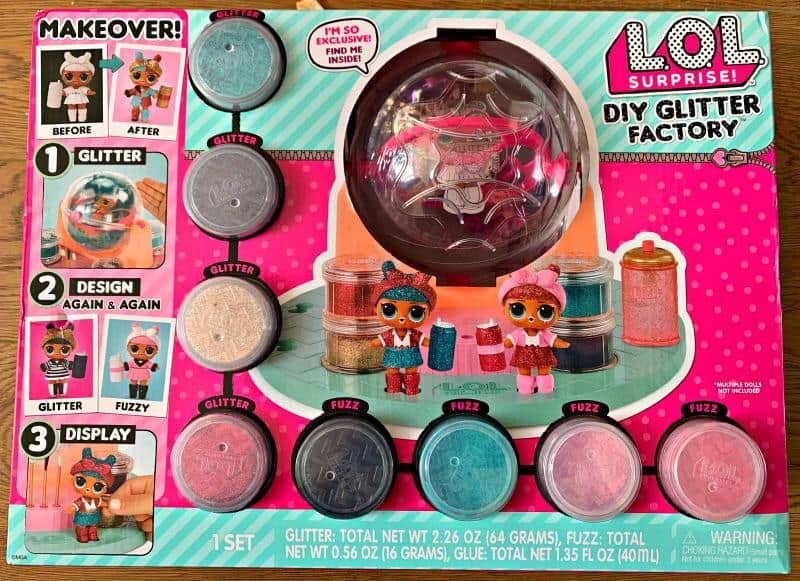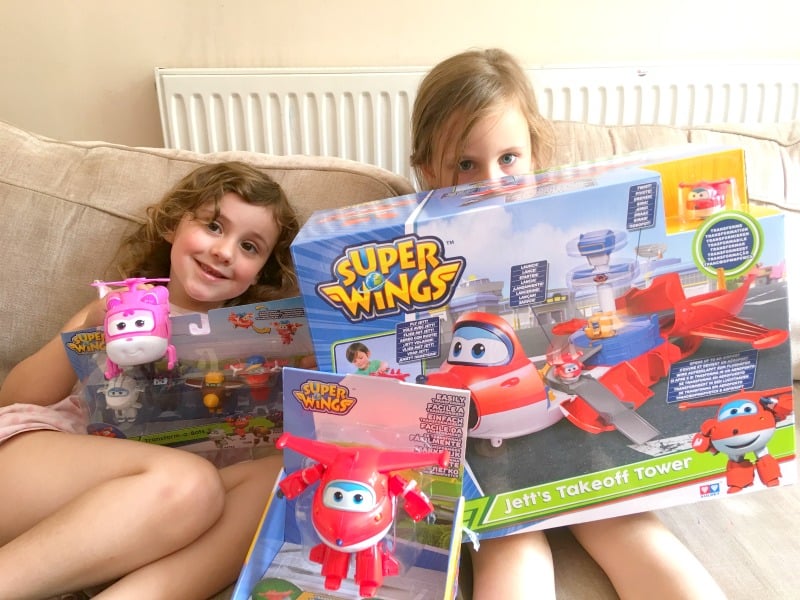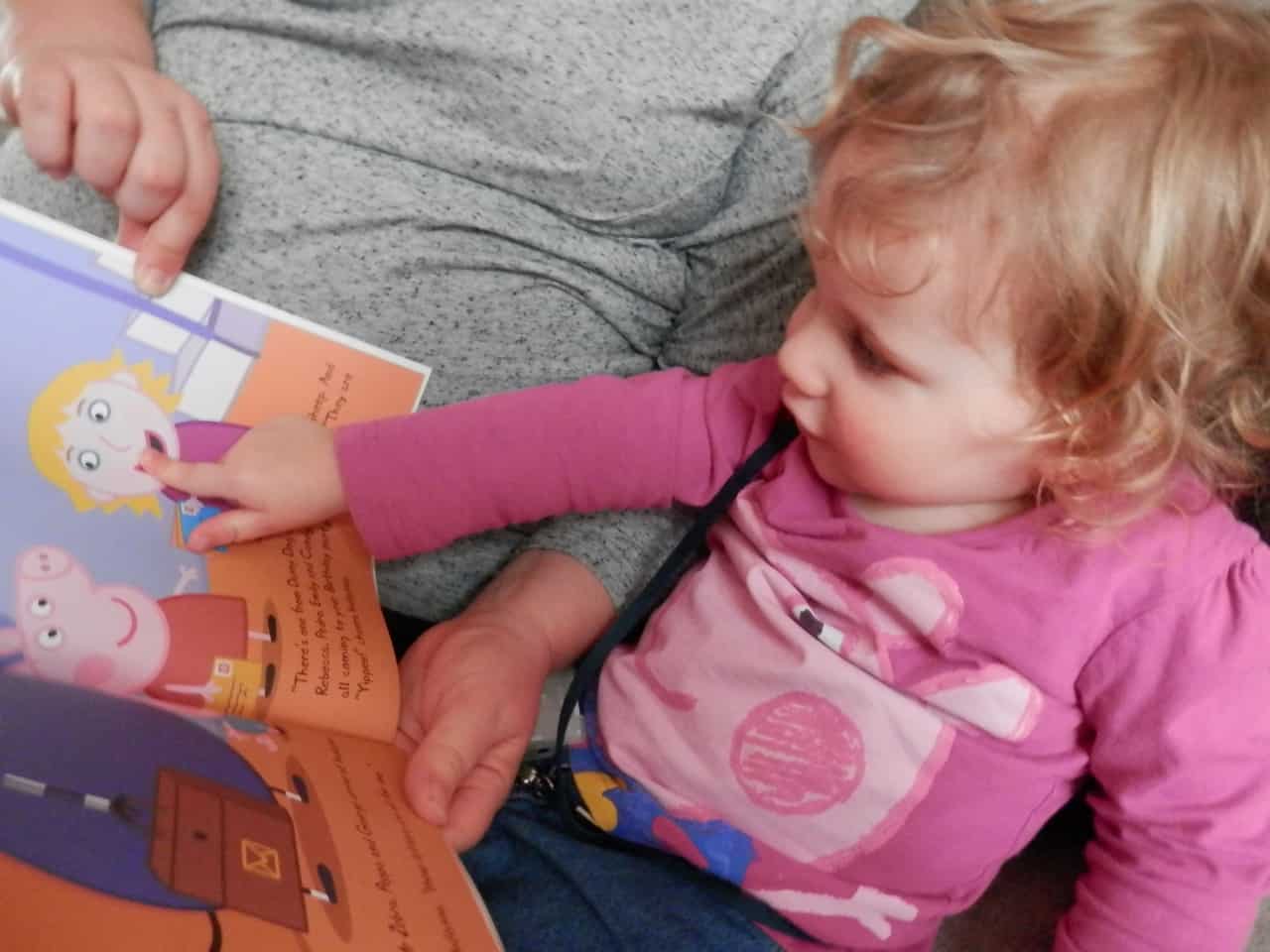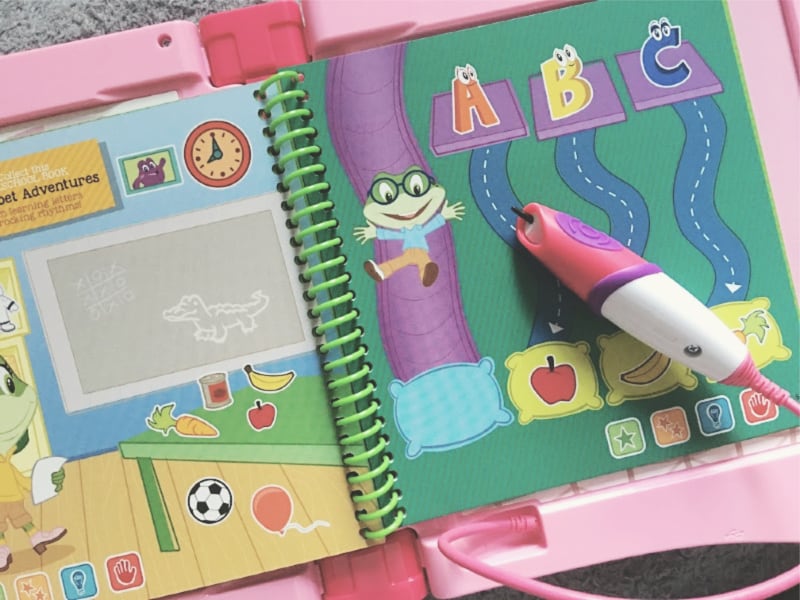Getting Your Kids To Help Around The House: Household Tasks For Each Age
Childhood is a time for fun and games, but it’s also about learning as much about the world as possible.
That means kids need to be taught life skills, like how to look after themselves, alongside the traditional education they receive at school.
One of the most important life skills is being able to keep your home clean and tidy.
As they say, ‘a tidy house leads to a tidy mind’, but it also leads to better time management, clearer organisation, and good health later on in life.
If you live surrounded by dirt and grime, you’re never going to quite shift that runny nose!
And whilst you might need a bit of help every now and then, if you’re able to keep your home comfortable, you’ll make your life more comfortable at the same time.
But when should you start teaching your children how to mop up spills and wipe down surfaces? When should you start funnelling a bit of household responsibility their way? It’s all about being age appropriate.
Age 3: Sort Dirty Clothing
This is one of the most basic chores anyone can complete, and that’s why it’s so perfect for young children who are just starting to understand what day to day life is.
If you sit down with them and tell them that clothes that are white, pink, or yellow go in one pile, and dark colours like blue, green, and black go in another pile, they’ll come to think of it as a fun game.
You could even turn it into a competition to support this.
If you’ve got a 3 year old who loves to do everything you do anyway, this is a great way to save yourself some time and energy in the day!
Age 3: Keeping the Floor Clear
Yes, even 3 year olds can keep the floor clear. It’ll take a bit of practice, but it can work. In fact, this should be one of the first tasks you teach them, otherwise those toys are going to get everywhere and you’re going to trip!
And it’s not just the toys you should make them aware of. Anything that can end up on the floor after they’re done needs to be picked back up again.
Coats and shoes, for one; invest in a Wall Mounted Shoe Rack, install it at your toddler’s height, and then put their name above the shelf. Kids tend to be a lot more interested in things that look pretty, especially if you’re having a hard time showing them the benefits of staying tidy!
Age 4: Water House Plants (even if you have many!)
If your child is a bit older and has mastered the art of walking and carrying things at the same time, give them a little plastic watering can (that’s only filled to the halfway line) and let them loose on the plants in the windowsill.
Of course, stick around to make sure they don’t end up drowning the poor things.
Watering the plants is another easy task that little kids can handle, but supervision will be required the first few times.
You can then tell them this is their job from now on. Kids love it when they have a special responsibility that’s only up to them!
Age 4: Help You Set the Table
Setting the table can be a fun task at the age of 4, although older kids tend to get a bit bored with it!
Get them started on it young so they know how to put out placemats, plates, glasses, and knives and forks without putting them in the wrong place (or breaking them!).
You can also teach them to clean up after dinner is over and everything has to go away again.
Show them how to fold up the table cloth, wipe down the table, and push the chairs. Again, this is the kind of job that can be turned into a fun game if you decide to race to get each side of the table clean!
Age 5: Mop Small Sections of Floor
When your child reaches the age of 5, they can start taking on more complicated tasks.
We recommend introducing them to using a mop at this age. Not only can this help develop their use of larger tools and help with hand-eye coordination, it also helps them to understand the effort involved in taking care of a home.
You don’t need them to clean the whole floor, but make sure you involve them in mixing up the soap and water, and then let them do a few tiles of the kitchen after you’ve done the other 95%.
Do this around once a week so they get used to carrying out heavier labour.
Age 5: Help Unpack Shopping
Unpacking the shopping is always a fun task, no matter how old you are.
You get to see what mum or dad has brought home from the shops and even dig into the snacks earlier than any of your siblings!
And at age 5, kids are prime for unpacking a few tins and bags of crisps.
Get them in the kitchen with you and show them where things go, and then make sure you high five when the bags are empty. A task well done deserves celebrating!
Age 6+: Help with Dinner
Kids aged 6+ have a lot more dexterity, and you can start issuing instructions and expect them to follow along without needing you to watch every second.
Why not get them to help with dinner from this age onwards? If you have to spend all that time in the kitchen, they should spend a bit of time with you as well.
Only older kids aged 9 and over should be given a knife to cut and chop with, and they should be supervised the entire time they use it.
Knife skills are also incredibly essential, so make sure you prioritise safety instructions above anything else.
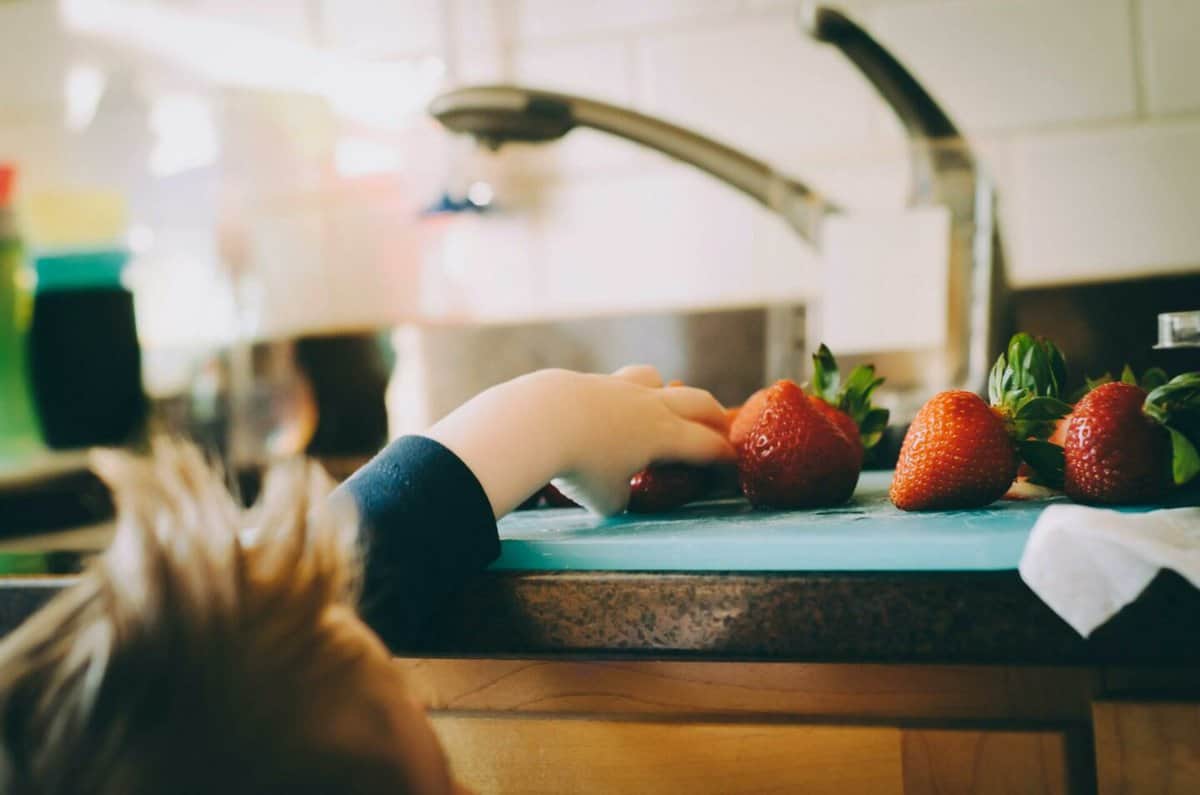
Age 6+: Wash Dishes/Load the Dishwasher
Washing dishes is a bit of a lost art with the advent of the dishwasher, but kids should know about it anyway.
Teach them how to fill a bowl and not use too much soap.
Loading the dishwasher is also one for older kids. Learning how to fit everything into that small space, without anything being covered up and unable to be cleaned, is something a lot of adults struggle with!
But if you teach your 6+ old how to correctly load the big plates and bowls without the glasses getting covered in grime, they’re never going to unload dirty dishes back into the cupboard.
Age 10+: Make Sandwiches for Themself
Knowing how to make food for yourself is quite possibly the most important life skill of all.
If you can’t cook or prepare the most basic things, like a boiled egg, some toast, or in this case a sandwich, you’re not going to do very well when living alone! So hand them the bread and tell them the choice of filling is up to them!
You don’t want them to make their own sandwiches all the time; as their parent, it’s probably something you quite enjoy doing, especially if you want to make fun and tasty lunch boxes for their school days.
But every now and then, and on weekends most of all, get them to put together their own sandwich creations and see what they come up with.
Age 10+: Empty Bins
And the last idea on our list: emptying the bins.
Now this can be a bit of a disgusting chore from time to time, especially if the bag has fallen down inside the bin!
However, older kids who are aged 10 and over need to know that sometimes looking after your home isn’t about just fluffing away the dust.
Plus, even though bins can be smelly and slimy, it’s a lot easier to change them than the kids might think.
Show them how to take the bag out, where to put it when it’s taken outside, and how to replace the bag when they come back in. Provide them with gloves if they’re a bit squeamish, and remind them to wash their hands once the task is done.
Are Your Kids Old Enough for Housework?
If you want your kids to start getting into a housework routine, make sure you’re assigning tasks according to their age.
A 3 year old is going to struggle to take the bins out when collection day comes around again! However, they’re going to be OK sorting light and dark clothing into piles with a bit of supervision.
Of course, the way things work in your house is going to be different to everyone else’s, so your mileage may vary with ideas like these – they all can work though. If need be, you can even put up a star chart so the kids can follow along with their progress at the same time. It’s always fun to get a sticker!
Discover more from Zena's Suitcase
Subscribe to get the latest posts sent to your email.
